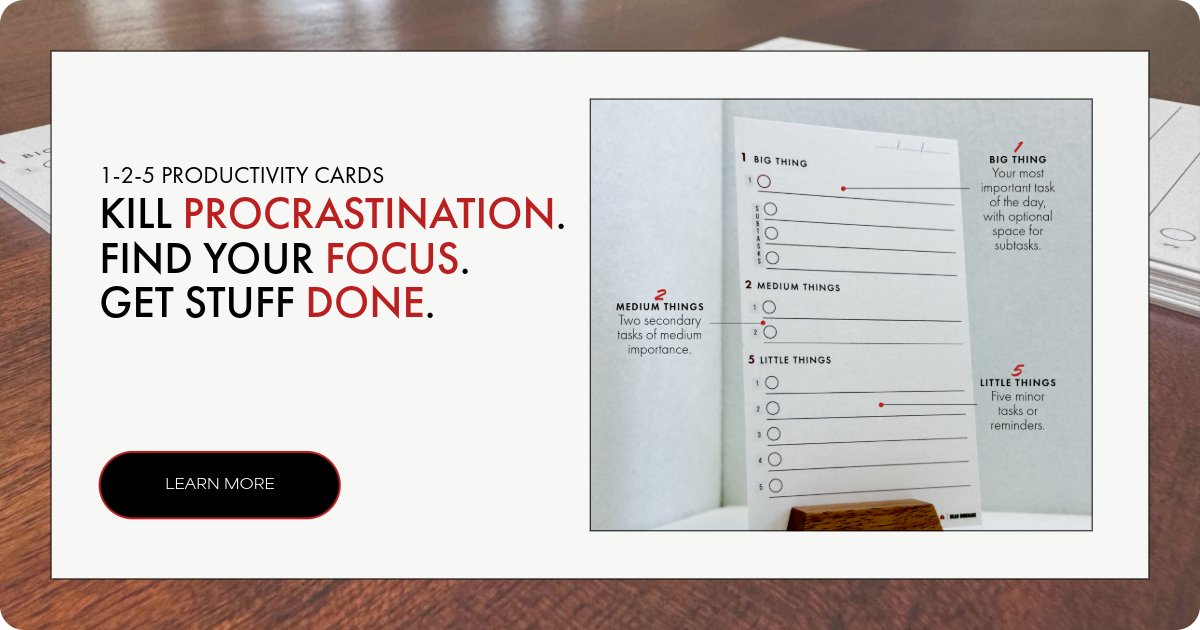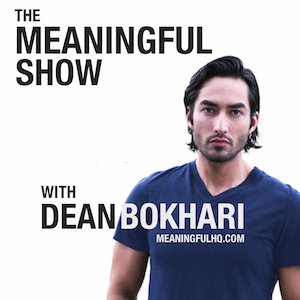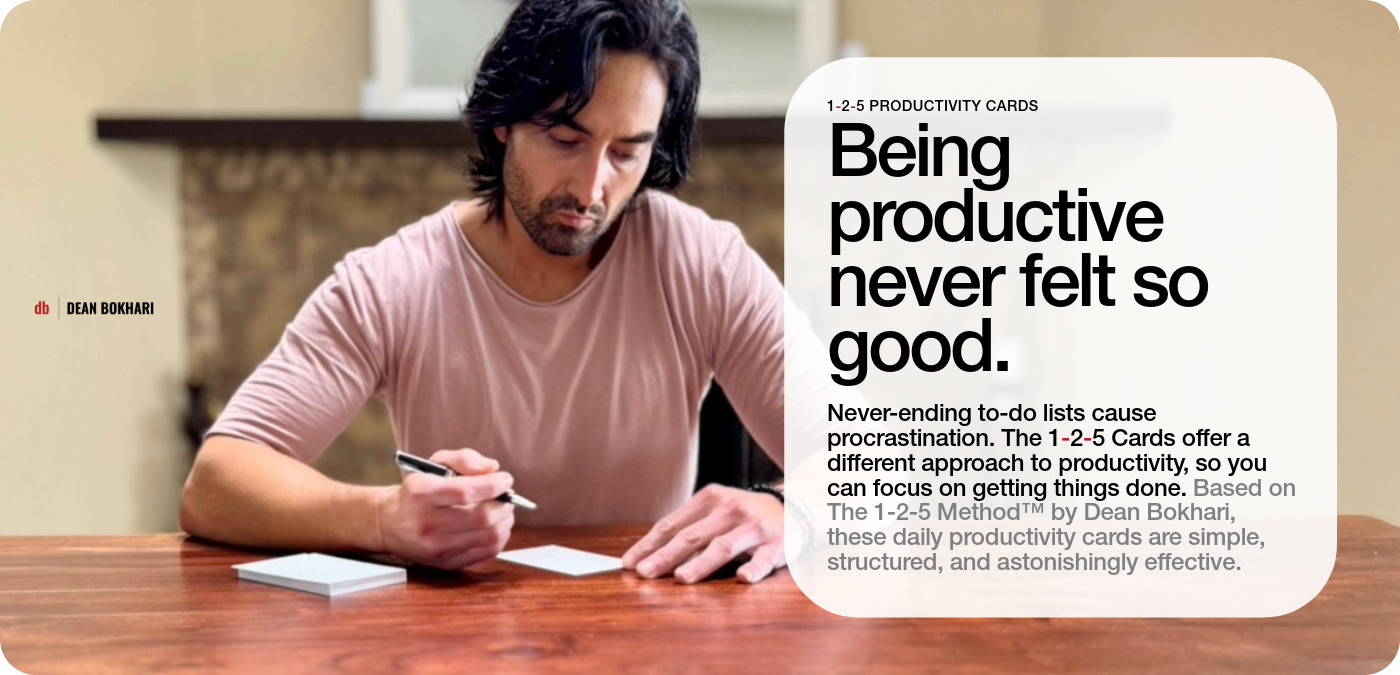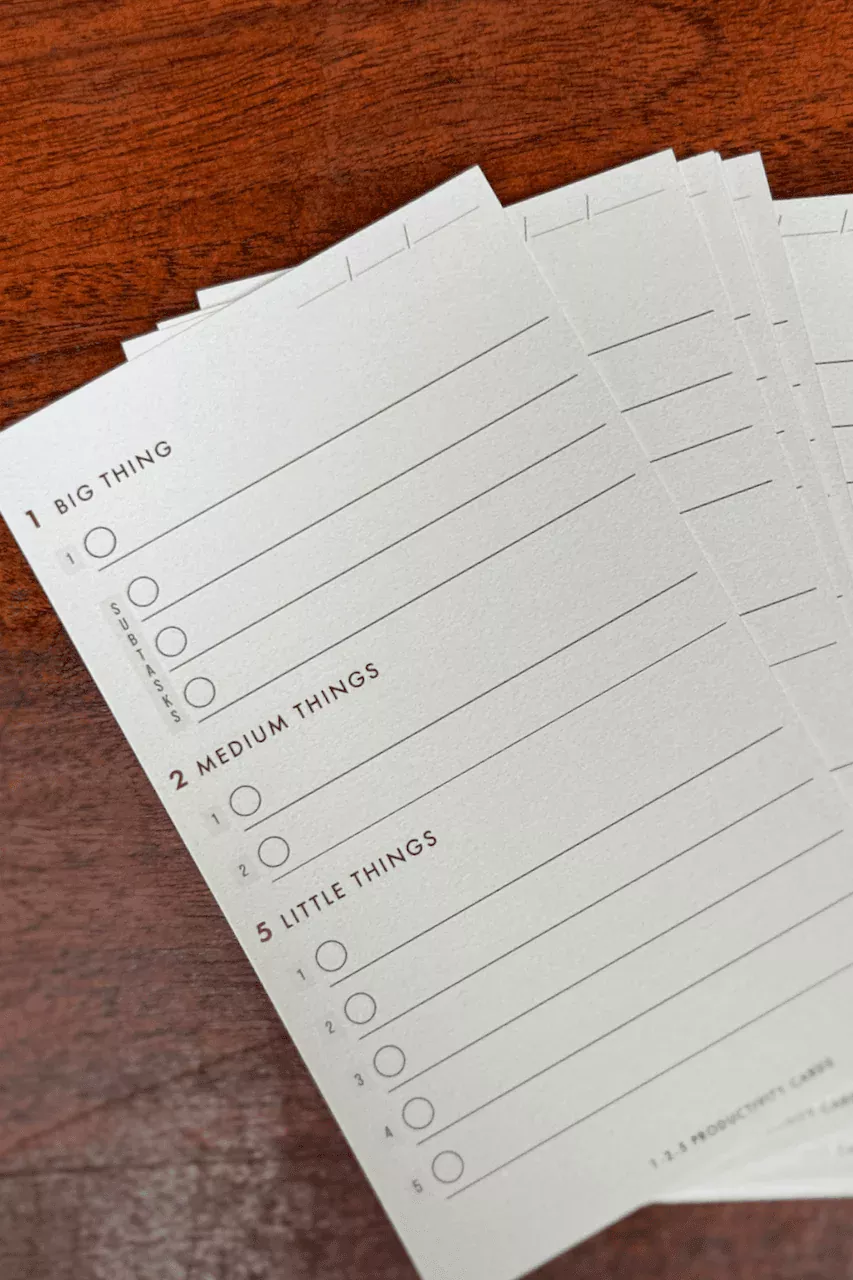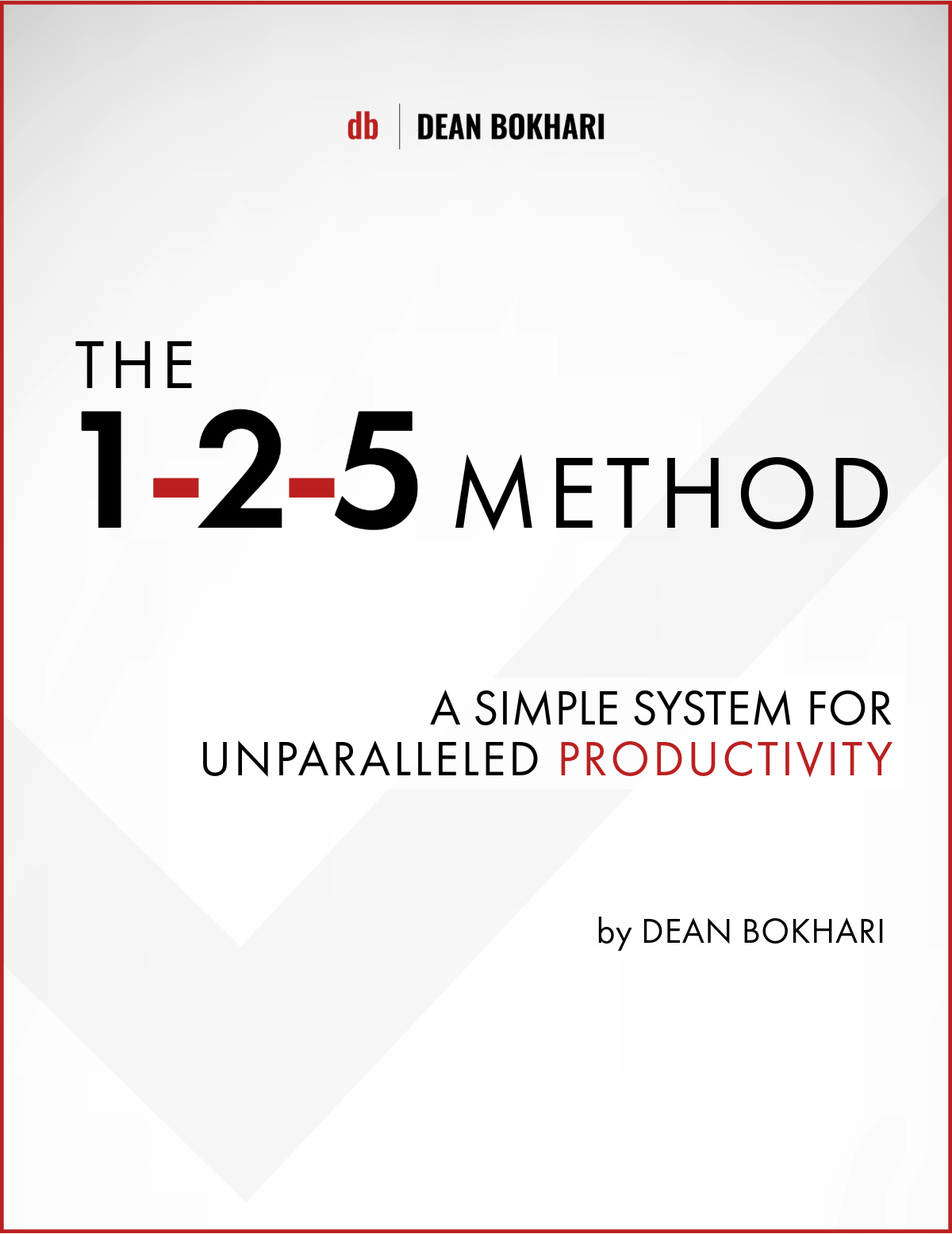Modern romance by aziz ansari - book summary
Modern Romance by Aziz Ansari - Book Summary
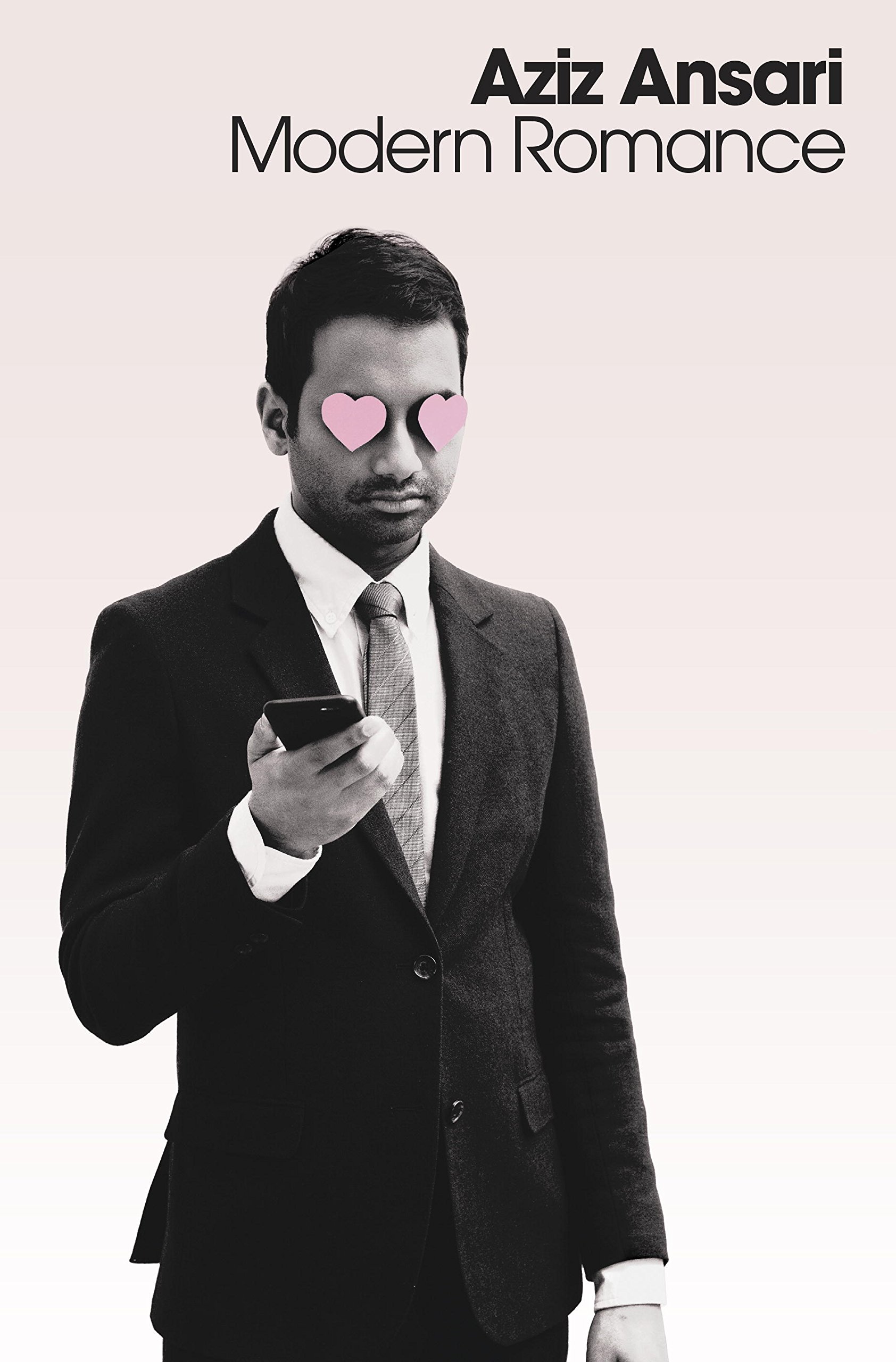
“We met at Starbucks.”
That’s what I’d tell people when they asked about how I met my girlfriend (now, wife.)
Little did they know, I was too embarrassed to tell them we met on Match.com.
I’d pepper lots of other little details (ehem: lies) about what I said and how I approached her, but my story about where we met (Starbucks) never changed.
I was even specific about the exact location—“We met at the Starbucks in downtown Brea, right next to the Corner Bakery.”
I did my best to keep my wife’s friends away from my friends at mutual gatherings, too. This is because she was honest with her friends and family about how we met.
And then there was the wedding…
We got married on a beautiful yacht, overlooking Newport Beach, CA. Everything about it was better than expected. Except for how much I was freaking out about my friends potentially finding out that I lied to them about how I met the woman I’m marrying. When we were planning seating arrangements, I had to make sure that my friends and family were on one side of the yacht, and my wife’s were on the other. Except of course, for the one’s on my wife’s side who promised to maintain my Starbucks “decoy story.”
It took me another two years after the wedding to tell my friends and family that I actually met my wife online. (And my dad still doesn’t know.)
I joke about it all now, because it seems so foolish that I’d ever hidden it in the first place. But truth be told, looking for love online is one of the most sensible things a single person can do for themselves…
I mean, where else can you find and drill down on exactly what you’re looking for in an ideal mate? At most reputable online dating services (not Tinder), you can filter from race, religion, and spiritual inclination; down to habits, ambitions, and geographical proximity.
In fact, according to Aziz Ansari’s new book, Modern Romance, over one-third of couples who got married in the US between 2005–2012 met each other on an online dating site. (And these numbers have likely shot up exponentially over the subsequent years thereafter)
That said, Ansari and his co-author Eric Klinenberg—the social scientist who helped him write this surprisingly well-researched book—say that social stigmas are still quite prevalent among people because they’re afraid to admit that they met their partner online … Apparently, I wasn’t the only one who felt the need to make up a “decoy story” about how I met my mate.
In this book summary/article/episode, we’ll be going over a few knowledge bombs gleaned from Modern Romance, including:
- online dating etiquette,
- 3 steps to crafting the perfect text message, and
- why too many choices can be a bad thing.
Let’s begin with online dating…
1. Online dating etiquette
When it comes to dating etiquette, most people are lost. When it comes to online dating etiquette, even more people are lost. Here’s what to do and not to do, beginning with picking proper photos for your online dating profile.
- The best photos for women are those that use a “flirting to the camera” vibe. And the best pose is the high-angle selfie. Second best pose is in bed. Next best seems to be travel-themed. After that — outdoor photos. (Cleavage photos perform well, too. But probably not always for the best reasons.)
- The best photos for men are the ones where they aren’t smiling and are looking away from the camera. Other good photo options are ones where dudes are posing with animals, showing off their muscles, or doing something interesting.
Other interesting things about online dating:
This applies mainly to the gentlemen — don’t copy and paste impersonal messages and then blast them out to hundreds of people. Personalize your messages and keep it short. The highest reply rates were messages that contained between 40–60 characters.
One of the weirdest things I came across in Aziz Ansari’s new book, Modern Romance, is that Japanese dudes apparently show zero interest in having sex. Approximately 60% of single Japanese males in their 20s and 30s identify themselves as “herbivores.” This is a term popularized in Japan that describes overly shy and passive Japanese dudes who show zero interest in sex or romance. It’s actually gotten so bad, in fact, that Since 2010, the Japanese government decided to start paying for citizens to participate in dating services designed to get people to pair up and have babies because they’re legitimately concerned about running out of Japanese people. (Say what!?)
2. The DOs and DON’Ts of texting
“In 2014 the average American spent 444 minutes per day—nearly 7.5 hours—in front of a screen, be it a smartphone, tablet, television, or personal computer. That’s higher than the numbers in most European countries, where people spend “only” 5 to 7 hours per day with screens, yet it’s not nearly enough to put the United States in the top five nations: China, Brazil, Vietnam, the Philippines, and, in first place, Indonesia, where people spend 9 hours per day staring at a screen."
Wowza. That’s some serious screen-time.
Now that you know a little bit about our global screen-staring addiction, let’s talk about something even more important …
… Something that’s been a catalyst for more mistakes, mis-understandings, and wrecked relationships than perhaps anything else in the last few decades—the smartphone. More specifically, the text messages you type into your smartphone.
Here’s Aziz on texting:
“As a medium, it’s safe to say, texting facilitates flakiness and rudeness and many other personality traits that would not be expressed in a phone call or an in-person interaction.”
Here’s the deal: texting doesn’t always convey the meaning behind the message. Whereas on the phone, you can use words backed with emotion to help you
SAY WHAT YOU MEAN… … or to say what you mean.
Personally, I find that it’s way easier to say what I really mean on the phone rather than via text.
Here’s a few things they have to say about texting in the book:
- Men who pickup the phone and call a woman are perceived as more confident.
- The younger generation is getting so text-message-convo-savvy, that they’re starting to become socially awkward and inept. This is because they’re used to planning what they’ll say and gathering their thoughts before replying to a text…
- An unfortunate takeaway from Aziz’s research is that most dudes behave like bozos… especially when it comes to communicating via text.
3 steps to crafting the perfect text:
As it turns out, crafting a great text takes three simple things:
- A detailed/firm invitation to something specific at a specific time.
- Some sort of reference to a previous face-to-face interaction.
- A humorous tone/style.
3. No one has a clue what’s going on.
- Too many choices aren’t a good thing when you’re trying to settle down. In the history of humankind, no one has ever had as many romantic options as we currently have. But are more options actually a good thing? No. Research shows that too many options can make it even harder and more difficult to make a choice.
Reminds me of a little experiment outlined in an excellent book called Willpower by Roy Baumeister and John Tierney:
For a column in 1995, Tierney did a semi-scientific survey to investigate a New York phenomenon: the huge number of intelligent and attractive people who complained that it was impossible to find a romantic partner. Manhattan had the highest percentage of single people of any county in America (with the exception of some remote island in Hawaii).
What was keeping these New Yorkers from find love? Turns out they were being super-picky. After comparing and contrasting singles ads placed by people in Boston, Baltimore, Chicago, LA, and NY — he found that singles in NY not only had the most choices, but were also the pickiest in listing the attributes of their desired partners.
Bottom line?
Having too many options tends to make us too picky.
When we’re too picky, we tend to strive for perfection.
When we strive for perfection in trying to pick the perfect mate, we end up with no one.
Quick recap: Modern Romance by Aziz Ansari
- When it comes to online dating, be mindful of your etiquette.
- Craft your text messages carefully. Keep em’ short (follow the the 3 steps)
- When it comes to picking the “perfect” partner, it’s important to understand that there’s no such thing as perfect. Don’t lower your standards, but don’t be too picky either. Understand that perfection isn’t possible.
Let’s end this summary with a quote that’s about as close to philosophical as Aziz Ansari will probably ever get:
“We each sit alone, staring at this black screen with a whole range of emotions. But in a strange way, we are all doing it together, and we should take solace in the fact that no one has a clue what’s going on.”
Sources + selected links:
- Get the full book summary here: Modern Romance by Aziz Ansari - Book Summary
- Buy the book on Amazon here: Modern Romance by Aziz Ansari
- Willpower: Rediscovering the Greatest Human Strength by Roy Baumeister and John Tierney
LIVE LIKE YOU GIVE A DAMN,
Dean Bokhari
- If you find the podcast helpful, please rate + review it on Apple Podcasts »
- Got a Self-Improvement question you'd like me to cover? Submit it here »
"Dean Bokhari's Meaningful Show is the Self-Improvement Podcast I've been
waiting for. It's actionable, inspiring, and BS-Free." —Brett Silo
✨ New Series: How to Become an Early Riser
- Discover key methods to make early rising a habit
- How to wake up early + energized every morning
- Morning routines for health + success
Free self-development courses
👇
Tap on any of the courses below to start learning how to:
- boost your productivity (with GTD),
- get focused (with Deep Work),
- or learn the art of influencing others (with the How to Win Friends & Influence People course.)
All for free.
👇
Free life guides
👇
Best-selling Self-development courses by Dean Bokhari
Kill procrastination.
|
Get stuff done.
|
Get motivated.
|
Connect with anyone.
|
freshly pressed:
Top Audiobooks narrated by Dean Bokhari on audible | |
Book summaries
- The Power of Habit by Charles Duhigg
- 12 Rules for Life by Jordan B. Peterson
- Presence by Amy Cuddy
- Leaders Eat Last by Simon Sinek
- The ONE Thing by Gary Keller, Jay Pasan
- Deep Work by Cal Newport
